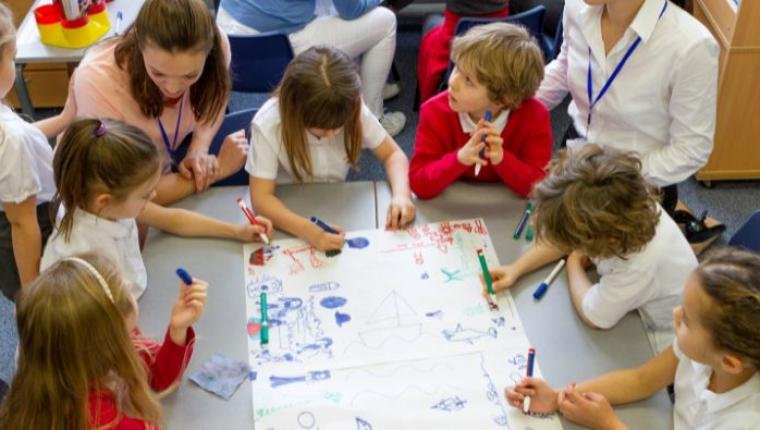Nurturing the Next Generation: Modern Parenting Challenges and Solutions in 2025
Discover the modern parenting challenges of 2025 and explore practical solutions to nurture the next generation in a digital-first, fast-changing world.
Screen Time and Kids: Finding the Right Balance
Struggling to manage your child’s screen time? Learn effective, balanced strategies to promote healthy tech habits and encourage real-world engagement for kids of all ages.
The Art of Positive Parenting: Encouraging Good Behavior with Love
Discover the secrets of positive parenting and learn how to encourage good behavior in children using love, empathy, and gentle discipline. A must-read guide for every modern parent.
Understanding Your Child’s Emotional Needs at Every Age
Discover how to support your child’s emotional development at every age. Learn parenting tips, emotional milestones, and strategies for raising confident and happy kids.
The Importance of Mental Health in Children and How to Support It
Learn why mental health is crucial for children’s development and discover practical ways to support their emotional well-being. Ensure your child grows up happy, confident, and resilient.
The Benefits of Extracurricular Activities
Extracurricular activities play a vital role in the holistic development of students, offering them opportunities to explore their interests, develop new skills, and build valuable relationships. From sports and arts to clubs and volunteer work, these activities provide a well-rounded educational experience that complements academic learning.
Building Strong Parent-Child Communication
Effective communication between parents and children is the cornerstone of a strong and healthy relationship. It allows parents to understand their child's needs, emotions, and experiences, while also providing children with a safe space to express themselves openly.
Adapting Parenting Styles to Fit Your Child’s Needs
Parenting is not a one-size-fits-all approach. Every child is unique, with different temperaments, needs, and developmental stages. Adapting your parenting style to fit your child’s needs can promote better communication, enhance emotional well-being, and foster a supportive environment for growth.
Dealing with Sibling Rivalry
Sibling rivalry is a common and often challenging aspect of family life. While it’s normal for siblings to compete and have conflicts, managing these situations constructively can foster a harmonious household and strengthen sibling bonds.
How to Encourage Gratitude in Your Child
Teaching children the importance of gratitude can significantly enhance their emotional intelligence and overall well-being.
Planning Family Activities on a Budget
Family bonding is essential for creating lasting memories and strengthening relationships. However, it can often feel like family fun comes with a hefty price tag. The good news is that you don’t have to break the bank to enjoy quality time together.
Creating a Positive Home Environment: Techniques for Stress-Free Parenting
Creating a positive home environment is essential for fostering stress-free parenting and promoting the overall well-being of both children and parents.












